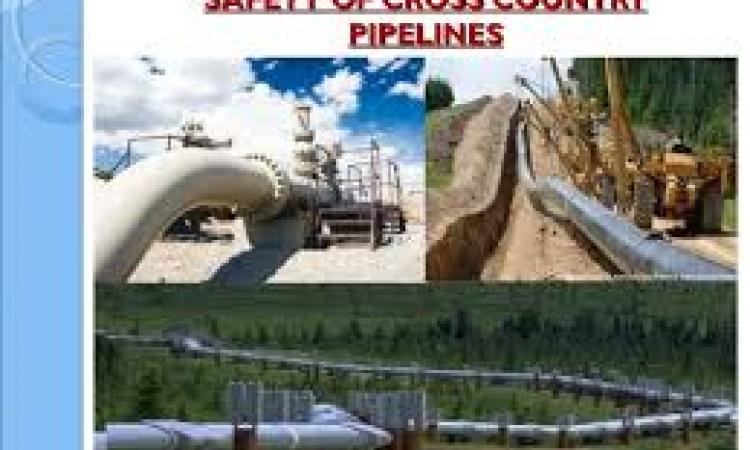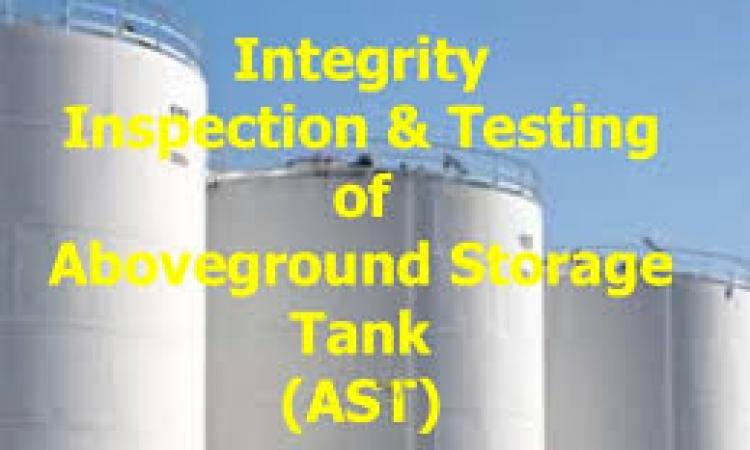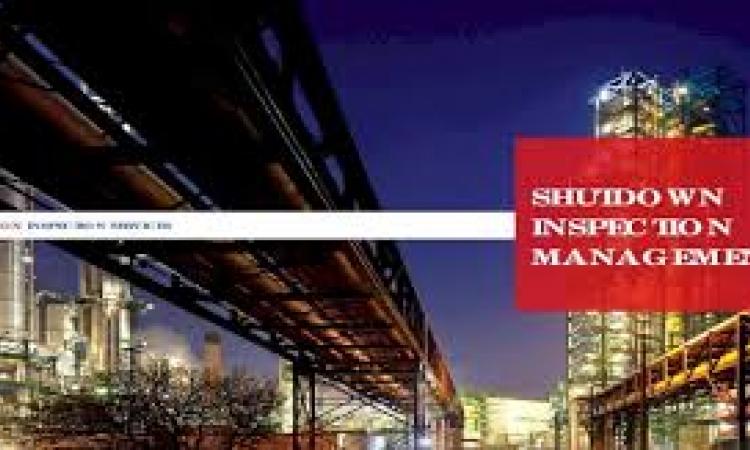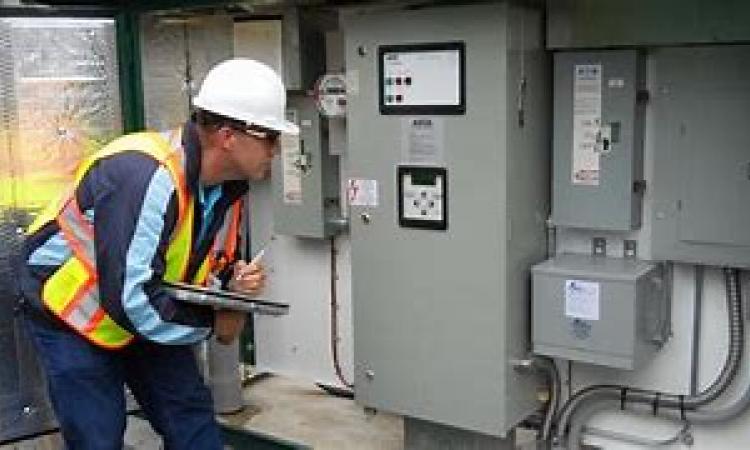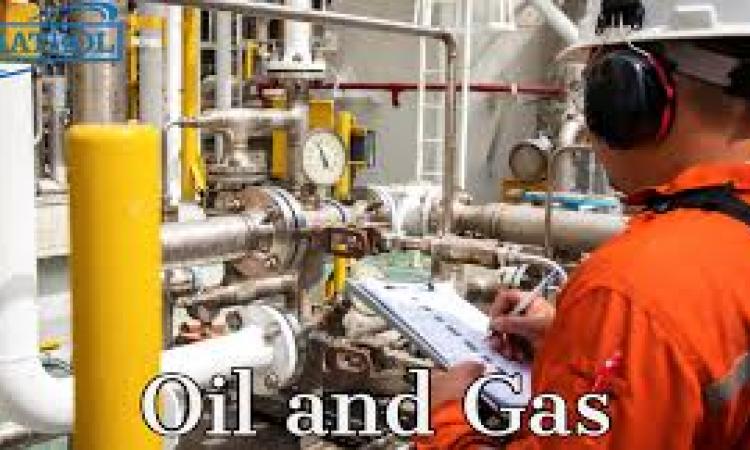
Pressure Vessels and Boilers
A pressure vessel is a closed container designed to hold gases or liquids at a pressure substantially different from the ambient pressure. The pressure differential is dangerous and fatal accidents have occurred in the history of pressure vessel development and operation. DASH has specialized engineers/technicians to carry out the inspection, testing, and certification of air compressor, air receivers, heat exchangers, accumulators, industrial pressure vessels covers, autoclave and boilers.
DASH competent to carry out functional test and safety accessories test of any pressure equipment. DASH conducts periodic inspection includes but not limited to Functionality test, Internal Test and Integrity Test (to examine the external and internal surface conditions), Proof Test (to evaluate the resistance of pressure performed using water (hydrostatic test)/Air (Pneumatic Test) & other Non-destructive Testing (if required) recommended standards as approved by Dubai Accreditation Centre (DAC), Dubai Municipality (DM) & Dubai Civil Defense (DCD) of the pressure equipment.
Image result for pressure vessel boiler
Common Failures of Pressure Vessel
The common failures included but not limited to
Error in design and construction
Improper operation
Corrosion
Failure to inspect properly
Lack of preventative maintenance
Unfired Pressure Vessel – Air Receiver
Pressure Vessels are classified into Unfired and Fired vessels and DASH competency included but not limited to
Inspection, Testing and Certification of Air Receiver including Air Compressor
Inspection, Testing and Certification of Calorifier
Inspection, Testing and Certification of all types of Pressure Equipment
Fired Pressure Vessel – Boiler
External Inspection: As complete an examination as can be reasonably made of the external surfaces and safety devices while the boiler or pressure vessel is in operation. The safety appliances included but not limited to rapture disk device, safety relief valve, temperature limit control, pressure limit control, major gas train controls, low water cutoffs, flame supervisory unit (igniter), High and low gas pressure switches, trial for ignition limiting timer (15 seconds). The pressure relieving devices are traceable to national and international directive and the common used Pressure Equipment Directive 97/23/EC (PED). DASH carry out/ performs:
Inspection, Testing and Certification of Pressure Relief Valve
Inspection Testing and Certification of Pressure Gauges
Inspection, Testing and Certification of Temperature gauges
Image result for piping
Piping
The inspection, testing, and certification of piping included but not limited to ASME B31.1, B31.3, B31.4, B31.8, B31.12 piping codes.
Whether you manufacture or operate pressure equipment, such as pressure vessels, tanks, boilers, pressurized systems and process installations, you need to comply with stringent local and national statutory regulations. Our pressure equipment certification services ensure that you comply with the unique requirements of the country you are operating in.
Why choose pressure equipment certification from DASH?
As a leading provider, we are recognized and accredited across the world to conduct trusted pressure equipment certification. As a result, we can help you deal with the complex regulations and documentation required for your equipment – wherever you may be based. Plus, our design appraisal engineers, inspection personnel, and quality system auditors are located throughout the world to provide you with professional expert services in the local language.
We can help you:
Ensure that you meet essential safety requirements.
Satisfy appropriate conformity assessment procedures.
Achieve the necessary pressure equipment certification by providing you with our expertise as an independent and notified body.
Meet your deadlines with an efficient turnaround of design appraisal certification.
A leading provider of pressure equipment certification across the globe
With our expertise, experience, resources and worldwide network of certified inspectors, we are uniquely placed to provide you with independent pressure equipment certification. We also develop market access and acceptance strategies throughout your product planning and development phase. That is why we are the ideal partner during every phase of your pressure equipment – from planning to construction and operation.
Our pressure equipment certification services include:
Approval of joining personnel and procedures
Design examination
Determination of intrinsic boiler water quality
Field inspection and coordination
Interim inspections during the construction phase
Material approval
Periodic visual controls
Periodic inspections and audits
Product inspection, test, and certification
Quality system approval
Risk assessment and analysis
Safety device and connection control approval
Stoking tests on steam equipment
Type examination and approval
Verification of calculations and drawings before construction
Verification of welding files and material certificates
Welding procedure and welding qualifications for all international standards
Witnessing of hydrostatic testing
Contact us today to find out how our pressure equipment certification services can help you comply with the unique requirements of the country you are operating in.
For further queries contact dash@dashinspectorate.com

